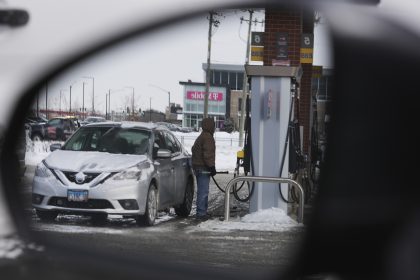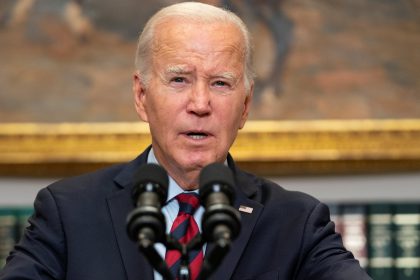National League of Cities Lauds House COVID-19 Relief Bill

WASHINGTON – The National League of Cities is calling on the Senate and White House to embrace a new coronavirus relief bill introduced in the House on Tuesday that allocates $375 billion for the nation’s smaller cities, towns, counties and villages.
Clarence Anthony, CEO and executive director of the league said Tuesday that the proposal is recognition that these communities “need funding to help stabilize and restart their economies.”
“Thank you to House leadership for working to ensure communities of all sizes receive funding for COVID-19 recovery and response,” Anthony said, adding that he and his members understand the introduction of the bill is just a first step.
“We stand ready to work on bicameral, bipartisan legislation that will provide funding to all cities, towns, and villages and a complete American economic recovery,” he said.
The action in the House comes just days after the National League of Cities launched the “Cities Are Essential” campaign to ensure local governments are included in the next coronavirus relief package.
Cities, towns and villages across the country have been particularly hard hit by the closing of all non-essential business operations to stop the spread of the coronavirus, and many will feel the loss of revenue caused by the pandemic for years to come.
“Without assistance to local governments, there is a real possibility that cities, towns, and villages move from being part of the solution, to becoming a major obstacle to long-term economic stabilization and recovery. In fact, our research shows that the critical jobs of up to 1 million municipal workers could be at risk due to local budget constraints caused by the pandemic,” the league said in a written statement.
A “Myths and Truths” document that is part of the league’s campaign explains how state and local bankruptcies would negatively impact the economy. The document addresses some common myths about local financial mismanagement and how direct federal funding would support critical services and personnel.
Additionally, a survey by the league and the U.S. Conference of Mayors shows that regardless of whether a city, town or village is in a Congressional House district represented by a Republican or Democrat, communities of all sizes across America are feeling the impacts of this pandemic.
The survey found that 87% of municipalities in House Republican districts and 92% in House Democratic districts anticipate a revenue shortfall this year.
Further, 96% of these municipalities report the shortfalls are the result of unanticipated, coronavirus-related revenue declines.























